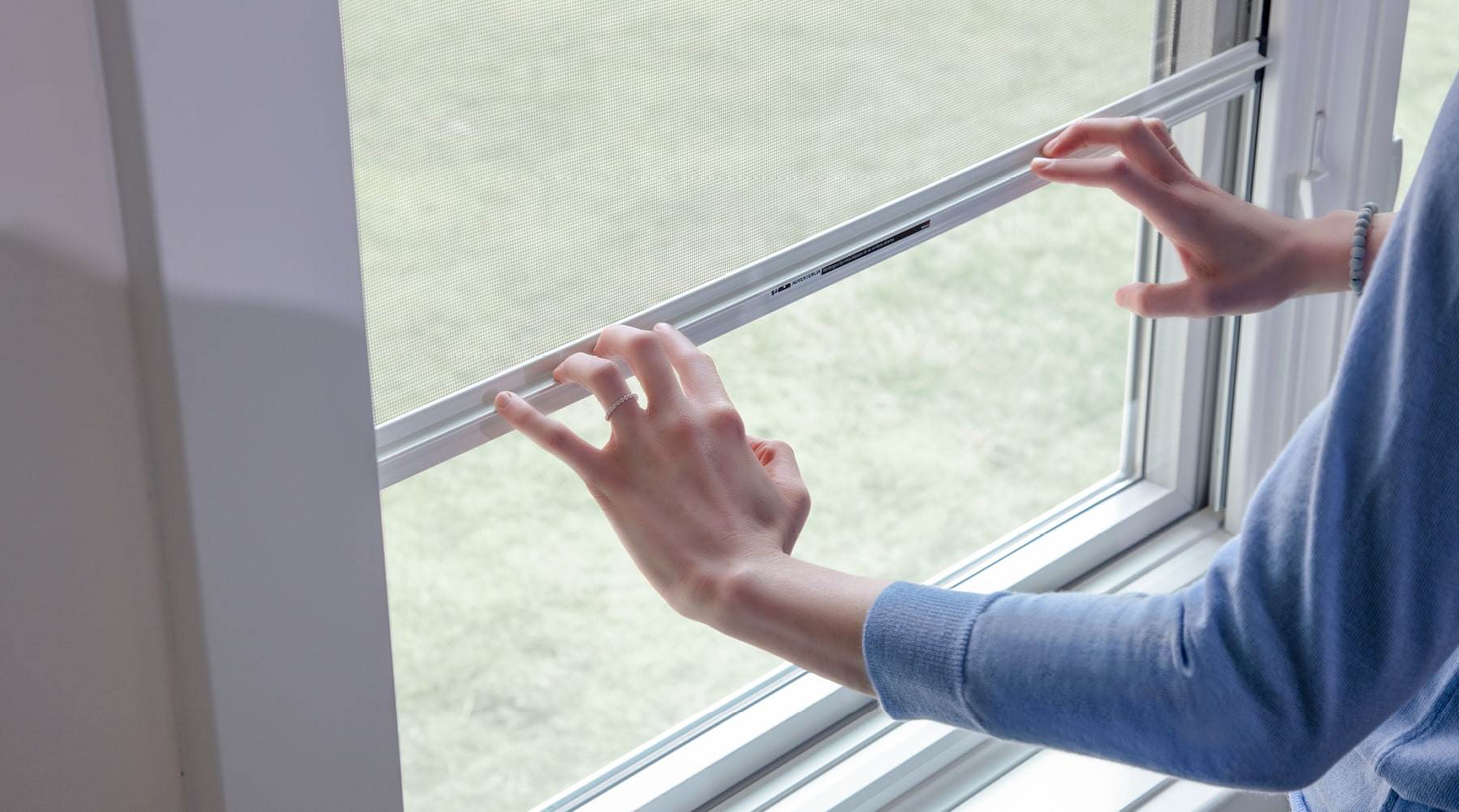So you’re wondering if impact windows can actually help reduce outside noise? Well, the answer is yes! Impact windows, also known as hurricane windows, are designed to withstand strong winds and debris during storms. But not only do they offer protection from the elements, they can also significantly reduce the amount of noise that enters your home from the outside. Whether you live in a busy city or a neighborhood with loud neighbors, impact windows can provide you with a quieter and more peaceful living space. So let’s dig deeper into how these windows work their magic in minimizing outside noise.
Benefits of Impact Windows
Impact windows offer several benefits for homeowners. One of the key advantages is increased home security. Unlike traditional windows, impact windows are built with reinforced frames and multi-layered glass construction, making them more resistant to break-ins and forced entry. This added security can provide peace of mind, especially for those living in areas with high crime rates.
Another significant benefit of impact windows is their ability to withstand the destructive forces of hurricanes. These windows are specifically designed and tested to resist high winds and flying debris, providing a protective barrier for your home during severe weather events. By installing impact windows, you can minimize the risk of property damage and potential hazards caused by hurricanes and tropical storms.
In addition to improved home security and hurricane protection, impact windows also offer energy efficiency advantages. The multi-layered glass construction of impact windows helps to reduce heat transfer, keeping your home cooler during hot summer months and reducing the need for excessive air conditioning. This improved energy efficiency not only saves you money on your utility bills but also contributes to a more sustainable and environmentally-friendly home.
How Impact Windows Work
To understand how impact windows work, let’s examine their key components and features.
Multi-layered Glass Construction
One of the fundamental features of impact windows is their multi-layered glass construction. Typically, impact windows consist of two layers of tempered glass bonded together with a special interlayer, usually made of polyvinyl butyral (PVB). This interlayer provides the windows with added strength and resilience, making it difficult to break through.
Air Tight Seals
Another important aspect of impact windows is their air-tight seals. These seals prevent air leakage and minimize the transfer of outdoor noise, dust, and pollutants into your home. By creating a tight seal, impact windows can effectively reduce noise transmission from the outside, creating a quieter and more peaceful indoor environment.
Secondary Glazing
Some impact windows also incorporate secondary glazing, which involves adding an additional layer of glass or acrylic to the existing window. This secondary glazing helps to further enhance noise reduction and improve the overall acoustic performance of the windows.

This image is property of www.pgtwindows.com.
External Factors Affecting Noise Reduction
While impact windows are designed to significantly reduce outside noise, there are several external factors that can affect their effectiveness in minimizing the transmission of sound. It’s essential to consider these factors when assessing the potential noise reduction capabilities of impact windows.
Distance from Noise Source
The distance between your home and the noise source plays a crucial role in the level of noise reduction provided by impact windows. If your home is located close to a noisy road, highway, or airport, the impact windows will have a more significant impact in reducing the noise compared to homes situated farther away from such sources.
Type of Noise
The type of noise also influences the effectiveness of impact windows in reducing sound transmission. Impact windows can effectively reduce high-frequency noise, such as traffic noise and sirens, but they may be less effective in reducing low-frequency noise, such as aircraft noise or construction machinery. It’s important to understand the predominant type of noise in your area and assess how impact windows can address it.
Obstacles in Sound Path
The presence of obstacles in the sound path can affect the overall noise reduction capabilities of impact windows. For example, if there are tall buildings or dense vegetation between your home and the noise source, these barriers can help to block or absorb a significant portion of the noise, further enhancing the effectiveness of impact windows. However, if there are no significant obstacles, impact windows may have to rely solely on their intrinsic noise reduction properties.
Noise Reduction Properties of Impact Windows
To measure the effectiveness of impact windows in reducing noise transmission, two ratings are commonly used: Sound Transmission Class (STC) rating and Outdoor-Indoor Transmission Class (OITC) rating.
Sound Transmission Class (STC) Rating
The STC rating represents the window’s ability to reduce sound across various frequencies. The higher the STC rating, the better the window is at blocking noise. Impact windows typically have an STC rating between 28 and 38, providing a considerable reduction in sound transmission compared to standard windows.
Outdoor-Indoor Transmission Class (OITC) Rating
The OITC rating focuses specifically on the window’s ability to reduce exterior noise, such as traffic noise or aircraft noise. This rating takes into account low-frequency sound and is particularly relevant for urban areas with high levels of constant noise. Impact windows generally have an OITC rating between 22 and 34, indicating their effectiveness in reducing outdoor noise.
Effectiveness in Reducing Different Types of Noise
While impact windows are effective in reducing general environmental noise, they may vary in their ability to decrease specific types of noise. For example, impact windows made with thicker glass and enhanced soundproofing features may offer better noise reduction for high-frequency noise, such as car horns or sirens. Understanding the specific noise challenges you face in your environment can help you choose the right impact windows for your needs.
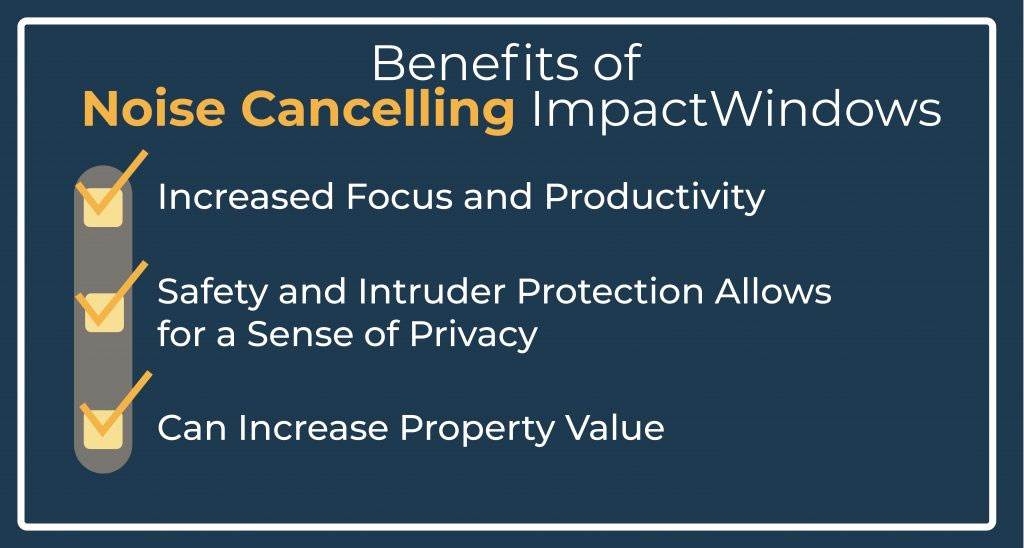
This image is property of floridahurricaneproof.com.
Comparing Noise Reduction with Standard Windows
To understand the significant difference impact windows can make in reducing noise, let’s compare their noise reduction capabilities with standard windows.
Single-pane Windows
Single-pane windows, commonly found in older homes, provide limited noise reduction. These windows consist of a single glass layer and lack the additional insulation and sound-reducing features found in impact windows. As a result, they offer minimal noise reduction properties and can allow a significant amount of outdoor noise to penetrate into your home.
Double-pane Windows
Double-pane windows, also known as insulated windows, offer better noise reduction compared to single-pane windows. These windows consist of two glass layers separated by a layer of gas or air, providing improved insulation and noise reduction. However, despite their improved performance, double-pane windows may still fall short in offering the level of noise reduction provided by impact windows.
Insulated Windows
Insulated windows, which often come with laminated glass or an additional layer of glass, provide some level of noise reduction. While they offer better insulation and noise reduction compared to single-pane windows, these windows may not deliver the same level of noise reduction capabilities as impact windows.
How Noise Reduction Impacts Quality of Life
The noise reduction properties of impact windows can significantly improve your quality of life. Here are a few ways in which noise reduction can have a positive impact:
Reduced Stress and Improved Sleep
Persistent noise can lead to stress, anxiety, and sleep disturbances. By reducing outside noise, impact windows create a more tranquil and peaceful indoor environment, allowing you to relax and unwind. Improved sleep quality can have a significant impact on your overall well-being, enhancing your ability to focus, concentrate, and maintain good physical and mental health.
Enhanced Focus and Productivity
Excessive noise can be a major distraction, especially when working or studying at home. Impact windows can help create a quiet and productive atmosphere, minimizing distractions and allowing you to maintain better focus and concentration. By reducing noise, these windows can contribute to increased productivity and better performance in various tasks.
Improved Mental Health
Living in a noisy environment can have a negative impact on mental health, leading to increased stress, irritability, and decreased overall satisfaction with life. Impact windows offer a sanctuary within your home, shielding you from the constant noise of traffic, construction, or other external disturbances. This improved mental well-being can contribute to a happier and more enjoyable living experience.
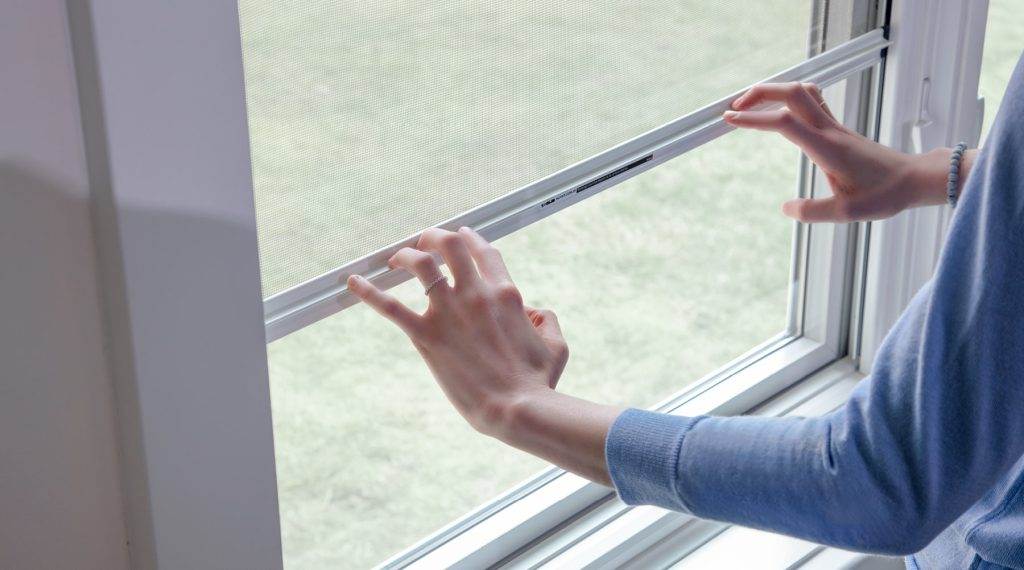
This image is property of images.contentstack.io.
Factors to Consider When Choosing Impact Windows for Noise Reduction
When selecting impact windows for noise reduction, several factors should be taken into account:
Glass Thickness
The thickness of the glass used in impact windows plays a significant role in noise reduction. Thicker glass tends to provide better sound insulation properties, reducing the transmission of noise. Opting for impact windows with thicker glass layers can effectively enhance noise reduction capabilities.
Type of Laminated Glass
The type of laminated glass used in impact windows can also impact noise reduction properties. Some laminated glasses are specifically designed to provide better acoustic performance, reducing noise more effectively. It is advisable to inquire about the specific noise reduction features of the laminated glass used in the impact windows you are considering.
Frame Material
While the glass itself is crucial in noise reduction, the frame material of the impact windows can also influence overall sound insulation. Different frame materials may have varying levels of sound absorption and insulation. It’s important to choose impact windows with frames that are designed to minimize noise transmission and enhance noise reduction.
Additional Noise Reduction Options
In addition to impact windows, there are other options available to further enhance noise reduction in your home.
Soundproof Curtains and Blinds
Soundproof curtains and blinds can be used in conjunction with impact windows to provide an additional barrier against noise. These specialized curtains and blinds are designed to absorb sound waves, reducing the overall noise level in a room.
Weatherstripping and Caulking
Proper insulation and sealing of windows and doors can help minimize noise penetration. Weatherstripping and caulking can seal any gaps or cracks around windows, reducing sound transmission and enhancing noise reduction.
Acoustic Panels
Acoustic panels are another effective option for reducing noise in specific areas of your home. These panels are installed on walls or ceilings and are made of sound-absorbing materials, such as foam or fabric. Acoustic panels can significantly improve the acoustic quality of a room and reduce the impact of noise.
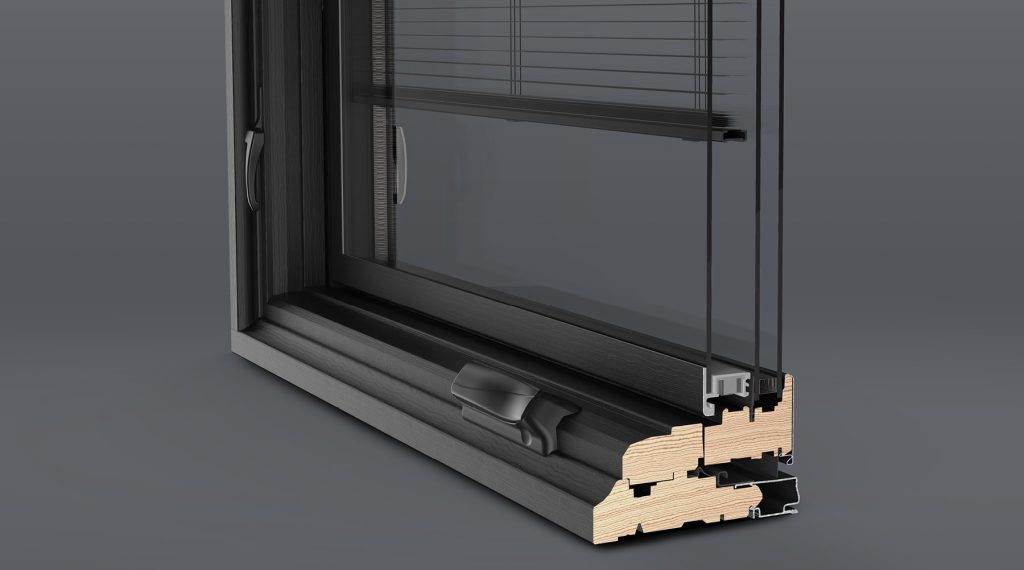
This image is property of images.contentstack.io.
Impact Windows Installation and Maintenance
To ensure optimal performance and longevity of your impact windows, proper installation and regular maintenance are essential.
Professional Installation
Impact windows should be installed by qualified professionals to ensure they are properly aligned, securely fitted, and effectively sealed. Professional installation not only guarantees the functionality of the windows but also helps maximize their noise reduction capabilities.
Regular Cleaning and Inspection
Regular cleaning and inspection of impact windows are necessary to maintain their effectiveness. Dust, dirt, and debris can accumulate on the windows and affect their sound-insulating properties. Cleaning the windows with a gentle cleanser and inspecting them for any damage or sealant deterioration will help ensure they continue to provide the intended noise reduction benefits.
Repairing Damaged Windows
If your impact windows become damaged or develop cracks, it is crucial to address the issue promptly. Damaged windows can compromise their noise reduction capabilities and potentially lead to further problems. Contact a professional window repair service to assess and repair any damage to your impact windows.
Conclusion
Choosing impact windows for noise reduction can significantly enhance the comfort and quality of your home environment. Impact windows offer increased home security, protection from hurricanes, and energy efficiency benefits. Understanding how impact windows work and their noise reduction properties is crucial in making an informed decision. By considering external factors affecting noise reduction, comparing the advantages over standard windows, and assessing the impact on quality of life, you can choose the most suitable impact windows for your needs. Remember to consider factors such as glass thickness, type of laminated glass, and frame material when selecting impact windows. Additionally, exploring additional noise reduction options and ensuring proper installation and maintenance of impact windows will help optimize their performance. With impact windows, you can create a quieter, safer, and more peaceful living space for you and your loved ones.
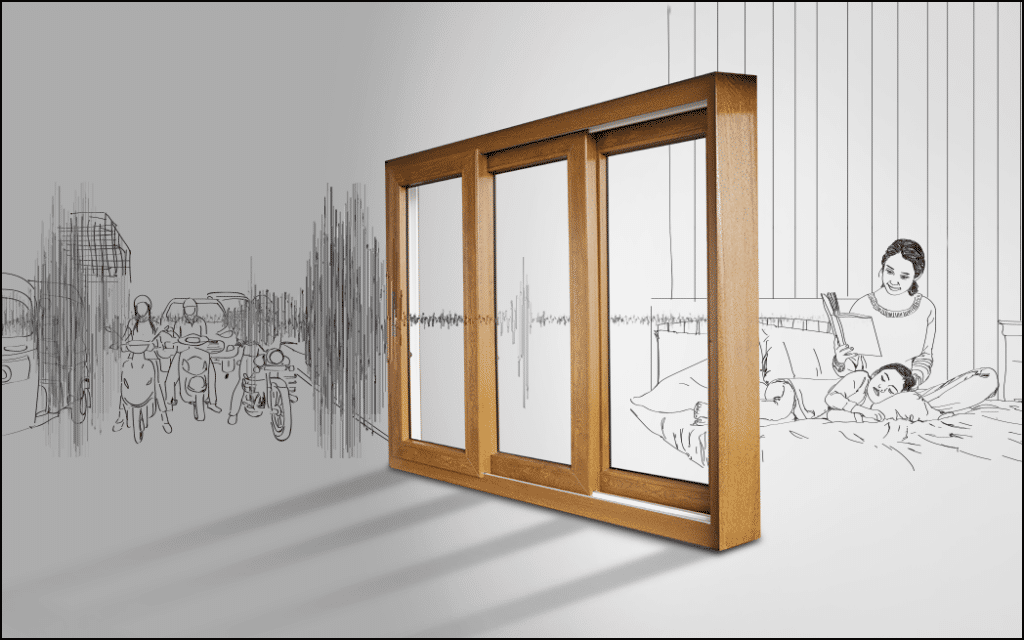
This image is property of aparnavenster.com.
